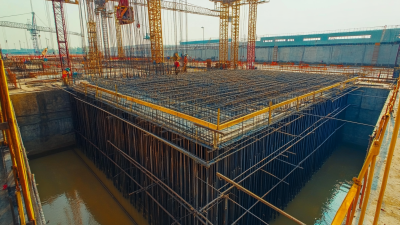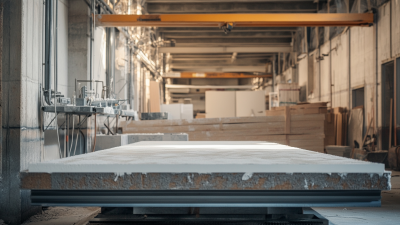In the ever-evolving landscape of construction technology, the optimization of concrete casting processes has become paramount for enhancing overall project efficiency and reducing costs. Recent industry reports indicate that the global market for formwork systems is projected to reach approximately $11 billion by 2027, driven by the growing demand for faster and more sustainable building solutions.
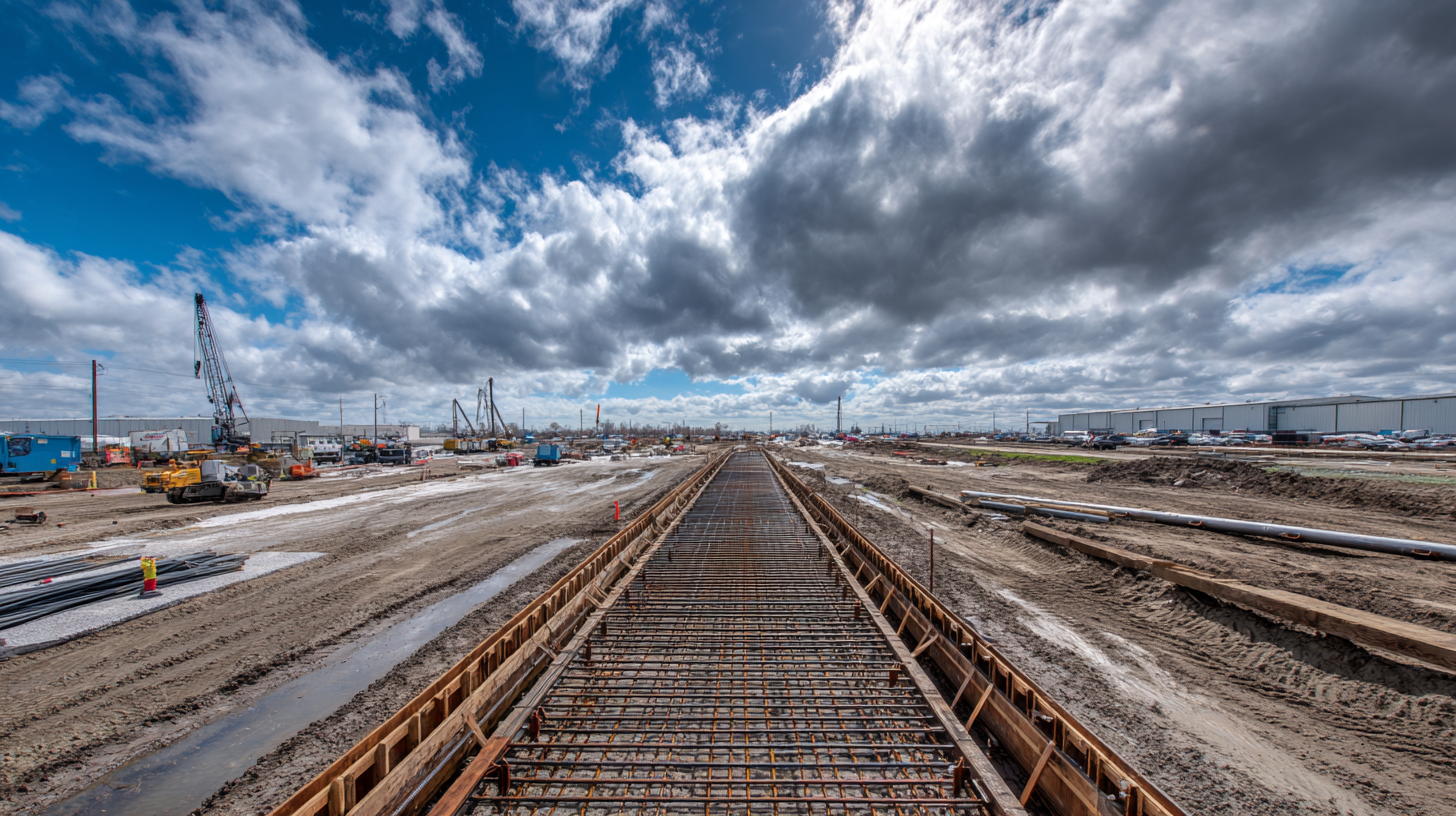
Among the innovative solutions available, Magnetic Formwork Products have emerged as a game-changing alternative to traditional formwork techniques. By utilizing magnetic attraction, these products allow for swift and precise placements while eliminating the need for extensive support structures. This not only accelerates the casting process but also maximizes the quality of the concrete finish.
Embracing Magnetic Formwork Products can significantly streamline construction workflows, offering substantial benefits in terms of time, labor costs, and material wastage reduction, ultimately propelling the industry towards greater efficiency and sustainability.
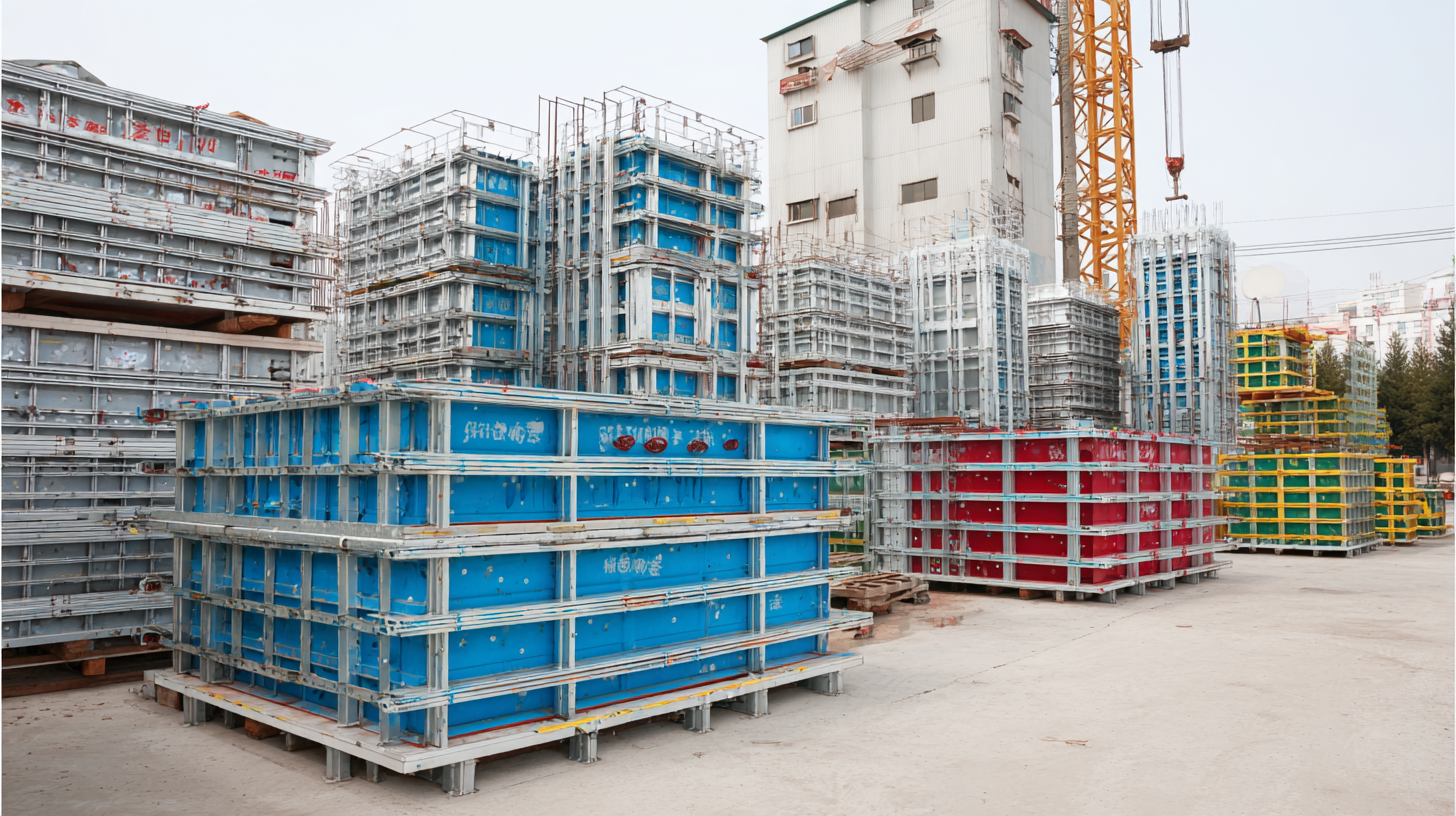 Magnetic formwork products are revolutionizing the concrete casting industry, significantly enhancing efficiency and reducing labor costs. According to a report by the American Concrete Institute, utilizing magnetic formwork can improve construction speed by up to 30%. This is largely due to the ease of setup and repositioning allowed by these innovative systems, which eliminate the need for traditional fastening methods. By reducing the reliance on manual labor, firms can optimize their project timelines and allocate resources more effectively.
Magnetic formwork products are revolutionizing the concrete casting industry, significantly enhancing efficiency and reducing labor costs. According to a report by the American Concrete Institute, utilizing magnetic formwork can improve construction speed by up to 30%. This is largely due to the ease of setup and repositioning allowed by these innovative systems, which eliminate the need for traditional fastening methods. By reducing the reliance on manual labor, firms can optimize their project timelines and allocate resources more effectively.
Furthermore, magnetic formwork contributes to superior concrete finishes, minimizing surface defects and the need for costly remedial work. A study by the European Concrete Platform found that surfaces created with magnetic formwork show a reduction in imperfections by approximately 25%. This enhancement in finish quality not only elevates the aesthetic appeal of concrete structures but also extends their durability, leading to long-term savings for developers and contractors alike. As the construction industry continues to seek more efficient methodologies, the adoption of magnetic formwork products proves to be a strategic investment in both productivity and quality.
The construction industry has been witnessing a significant transformation with the introduction of magnetic formwork systems, which offer enhanced efficiency compared to traditional formwork methods. According to a report by the Global Formwork Market, traditional formwork systems often result in time delays and labor-intensive processes, leading to an average project cost increase of 15-20%. In contrast, magnetic formwork systems simplify assembly and disassembly, thereby reducing labor costs by approximately 30% and speeding up the casting process.
Furthermore, studies indicate that magnetic formwork systems can improve design flexibility, allowing for intricate shapes that traditional systems struggle to accommodate. For instance, a comparative analysis found that projects utilizing magnetic formwork achieved a 25% reduction in material waste due to precise casting capabilities. The increased reusability of magnetic systems also contributes to sustainability efforts in construction, as they can be reused multiple times without significant degradation in quality. This transition not only maximizes efficiency but also aligns with the industry's shift toward more eco-friendly practices.
Magnetic formwork products have emerged as a transformative solution for optimizing concrete casting processes. Key design features, such as modularity and ease of assembly, significantly enhance productivity by reducing setup time and labor requirements. This innovative approach aligns with the concept of new productivity, where efficiency is achieved not just through traditional means, but by integrating advanced materials and systems into the workflow. The flexibility provided by magnetic connections allows for rapid adjustments to formwork configurations, catering to various project specifications without the need for extensive rework.
Additionally, the precision and stability offered by magnetic formwork contribute to the overall quality of concrete casting. By minimizing the potential for misalignment during the curing process, these products ensure more uniform results and reduce waste. This reflects a broader trend in the construction industry towards adopting intelligent systems that leverage digital technologies and automation. As highlighted in recent discussions on productivity enhancement, integrating smart solutions can lead to more sustainable practices in construction, aligning with modern economic goals of resource efficiency and innovative service delivery.
Magnetic formwork products have revolutionized the concrete casting industry, offering innovative solutions that enhance efficiency and reduce labor costs. Case studies demonstrate their effectiveness across various construction projects. For instance, a large-scale residential development successfully utilized magnetic formwork, resulting in a 30% reduction in casting time. This success stemmed from the ease of assembly and the precision these forms provide, ensuring consistent quality in the final product.
Tips for maximizing the benefits of magnetic formwork include ensuring proper surface preparation before casting, as this can significantly impact adhesion and finish quality. Additionally, employing skilled labor familiar with magnetic systems can help streamline the workflow and mitigate potential errors during assembly. Regularly assessing the effectiveness of the magnetic forms in use can also lead to continuous improvements and adjustments in future projects.
Another notable case study involves an industrial facility that faced tight deadlines. By integrating magnetic formwork, they achieved a quicker turnaround for their concrete walls, which led to earlier occupancy of the space. This highlights the adaptability of magnetic formwork in diverse projects, proving its versatility as a game-changing asset in modern construction.
| Case Study | Project Type | Location | Efficiency Improvement (%) | Key Benefits |
|---|---|---|---|---|
| Project A | High-Rise Building | New York, USA | 30% | Reduced labor costs, faster setup |
| Project B | Bridge Construction | Chicago, USA | 25% | Improved surface finish, time savings |
| Project C | Residential Development | Toronto, Canada | 20% | Enhanced flexibility, lower waste |
| Project D | Industrial Facility | Dallas, USA | 15% | Quick alignment, reduced noise |
| Project E | Parking Garage | Los Angeles, USA | 35% | Increased safety, effective management |
When evaluating the efficiency of magnetic formwork products in concrete casting, specific metrics must be established to measure their performance accurately. One primary metric is the speed of setup and dismantling. Magnetic formwork systems allow for quick adjustments and repositioning, enabling rapid assembly, which can significantly reduce labor costs and project timelines. By tracking the time taken for these processes across different projects, stakeholders can assess the practicality and effectiveness of these innovative solutions.
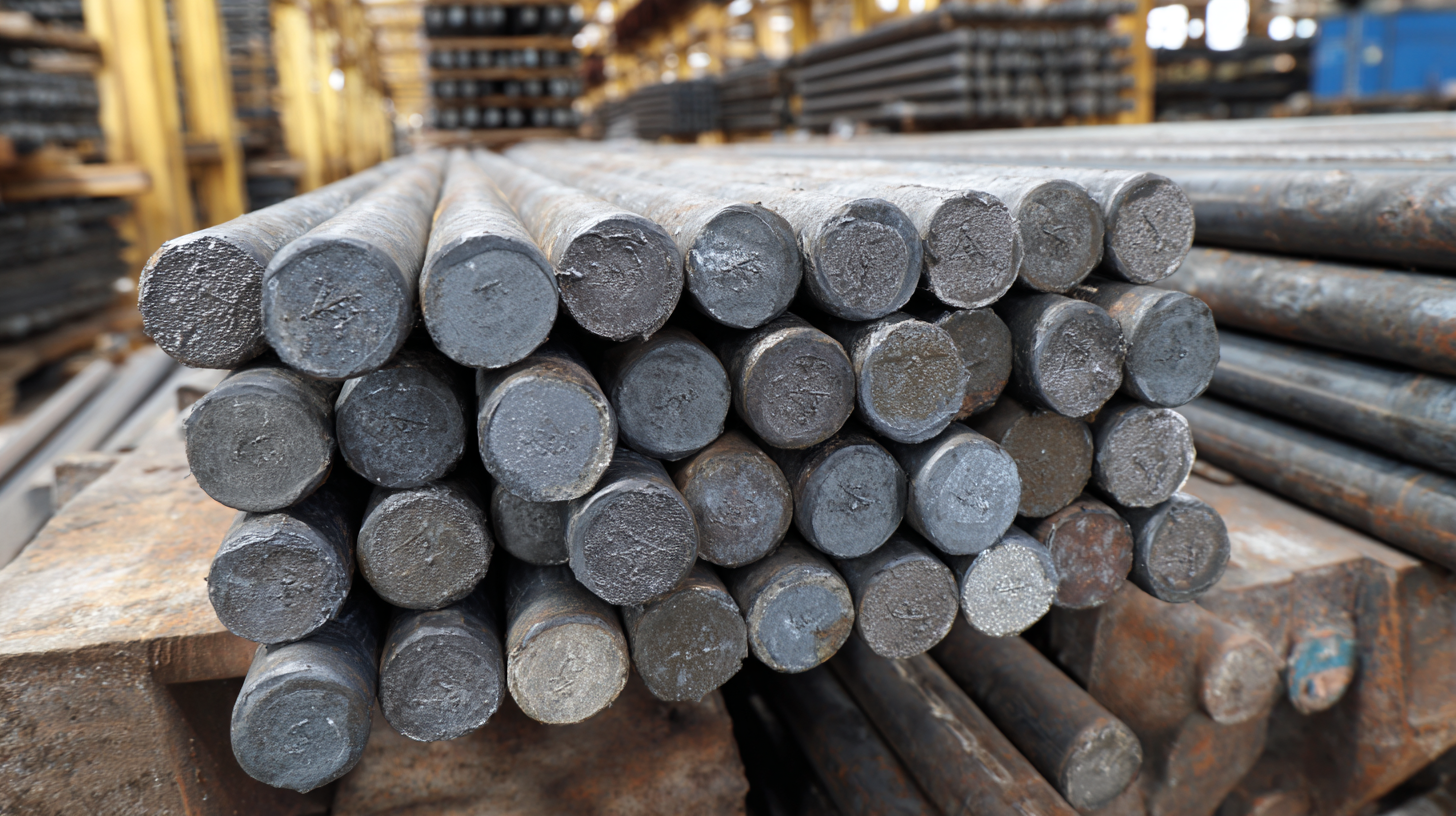
Another critical performance metric is the quality of the finished product. The use of magnetic formwork often leads to improved surface finishes and dimensional accuracy in concrete elements, resulting in a reduced need for post-casting treatments. Evaluating product quality can involve measuring surface irregularities, dimensional variations, and structural integrity through stress tests. Additionally, examining the waste generated during casting processes can provide insights into the environmental impact and overall efficiency of the magnetic system. By focusing on these metrics, companies can not only optimize their concrete casting processes but also enhance their sustainability efforts.
